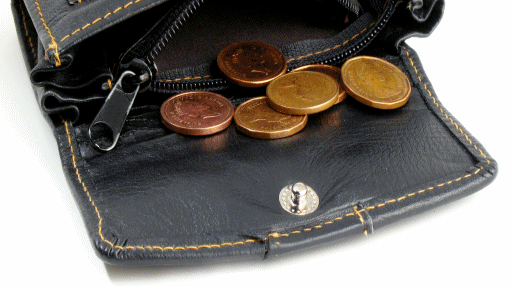|
Inflation
services over time. This 'basket' seems to contain differing items from time to time as the Monetary Policy Committee determines it's make up. So when measuring house price increases and examining UK Infation between 1975 to 2007 it's necessary to deduct or factor in the effects of 'normal' price increases. During the 1970's (anyone remember?) when globally, oil prices were hiked massively, this sparked rampant 'stagflation' and a series of strikes for more pay. It's an obvious reaction - huge increases in energy costs filter down and everyone wants more money. So with lack of energy, blackouts, the 3 day week, ultimately the UK economy had inflated by 25% at it's peak in 1974. Interest rates went to 15% And house prices more than quadrupled in that decade. See how all three indices have performed over the period. Nowadays we can't believe that property is only meant to double every 7 years. So property is a good hedge against rising prices but and this is a big but - if you only have one property then it is all relative as you have to live somewhere! It can be seen from over the last 35 years that our economy is now much more stable than it has been in the past and that even with a crumbling Northern Rock and the 'credit crunch' that the background for property investing has become much more stable.
Return from Inflation to Investment Property Financing
|



